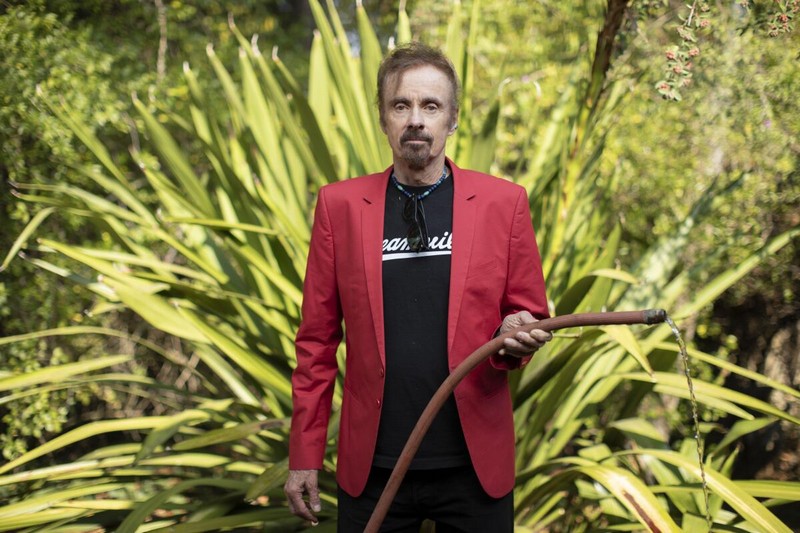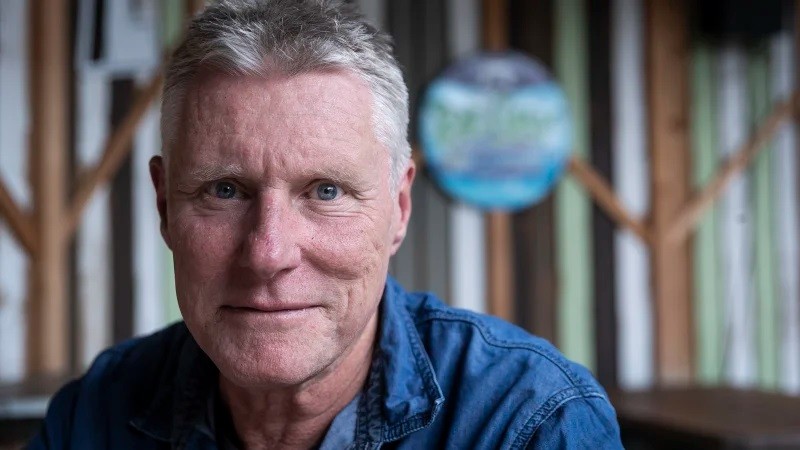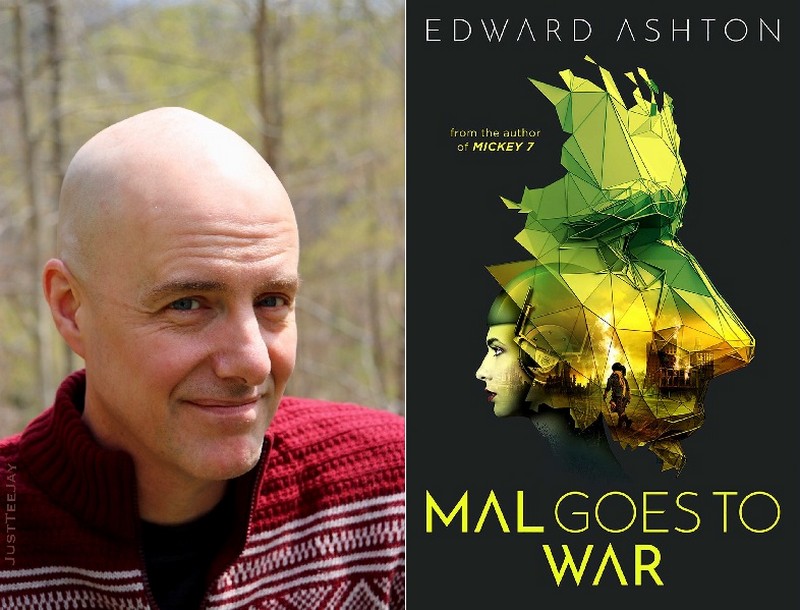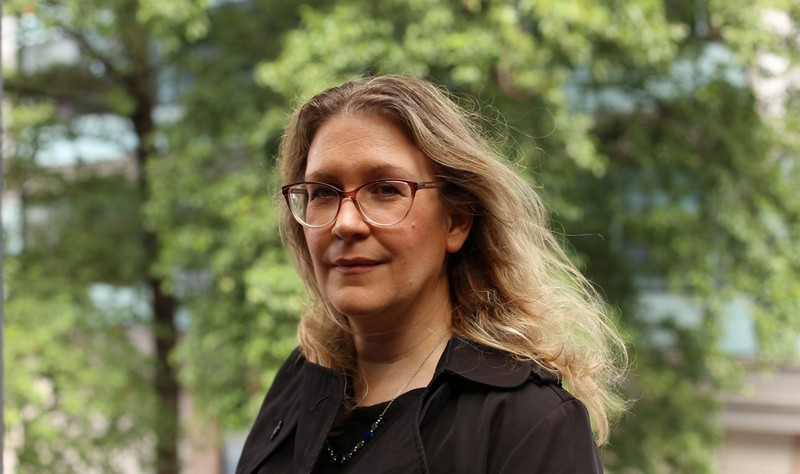 American author TC Boyle has always been interested in the environment and its fragility those who seek to understand and protect it. From his 2000 novel A Friend of the Earth through to 2011’s When the Killing’s Done and 2016’s The Terranauts. Boyle’s latest novel Blue Skies also considers our relationship with the natural world, sometimes in quite stark and confronting ways, and the increasing impacts of climate change.
American author TC Boyle has always been interested in the environment and its fragility those who seek to understand and protect it. From his 2000 novel A Friend of the Earth through to 2011’s When the Killing’s Done and 2016’s The Terranauts. Boyle’s latest novel Blue Skies also considers our relationship with the natural world, sometimes in quite stark and confronting ways, and the increasing impacts of climate change.
Blue Skies revolves around a family of four. Cat is living with Todd in a house they have inherited on the coast of Florida. When the book opens, Cat buys herself a pet snake (despite issues in Florida with escaped snakes taking over the wetlands) while Todd is having his beloved Tesla serviced, and then repairs to a local bar for a drink. Over in California, Cat’s mother Otillie is experimenting with using bugs as food. She has invested in a breeding setup for crickets and is experimenting with her culinary creations on her friends. This is all with the encouragement of scientist son Cooper who researches butterflies but when the book opens has a disastrous encounter with a tick (the subject of his girlfriend’s research). Boyle then follows their lives as they are upended by storms, rising sea levels, fires, tragedy and a mysterious die-off of insects.
Blue Skies is satire but it is an extremely dark one. It takes a frog-in-a-pot view of people reacting to climate change but only when it is too late. Making the small adaptations to their lifestyle that they can manage or comprehend but they are still caught out when major events happen. And as a result there is inevitable tragedy. But Boyle, as always, does not deliver easy answers or cardboard cut-out characters. His protagonists are complex and self-aware, they know when they have made mistakes and they try and make themselves better. And the children in particular also fight the family demon of alcoholism which seems to give them an easy way out and always makes thing worse.
Blue Skies is not so much a cautionary tale (coastal flooding in Florida, drought and wildfires in California are already a reality) as an attempted wake-up call. And while there is darkness here, it is not all doom and gloom. Boyle’s characters do learn and they do grow and he manages to weave a thread of hope through the narrative. Boyle’s characters try but constantly fail to see the bigger picture, often for good reason, so caught up are they in their own personal dramas. Through this book it feels like Boyle wants to make sure that his readers do not fall into the same trap.
Robert Goodman
For more of Robert’s reviews, visit his blog Pile By the Bed
Other reviews you might enjoy:
- Talk to Me (T. C. Boyle) – book review
- The Coral Bones (EJ Swift) – book review
- Perilous Times (Thomas D Lee) – book review

Robert Goodman is a book reviewer, former Ned Kelly Awards judge and institutionalised public servant based in Sydney. This and over 450 more book reviews can be found on his website Pile By the Bed.





